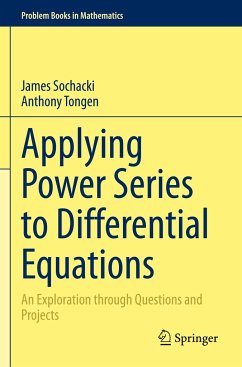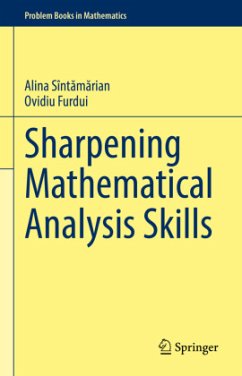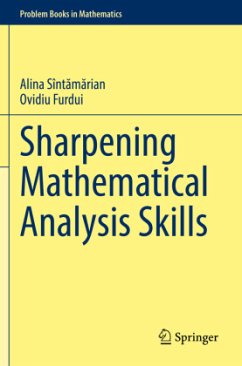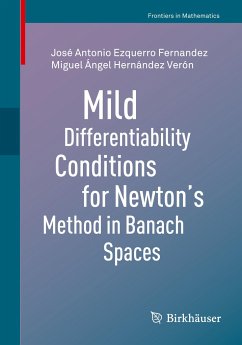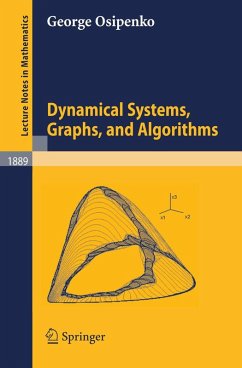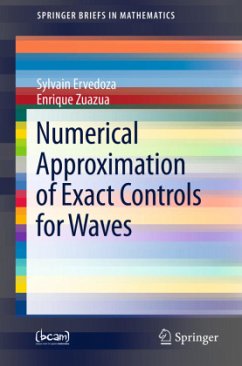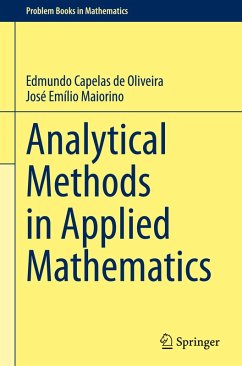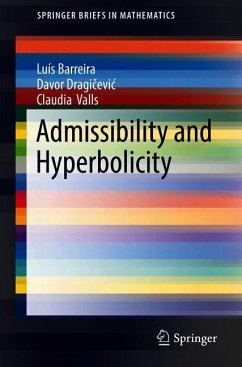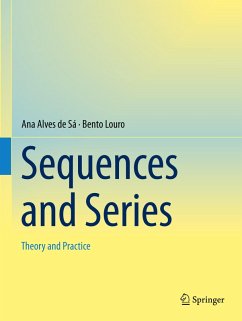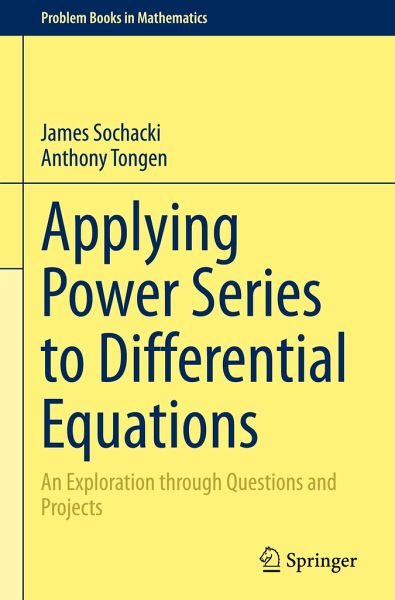
Applying Power Series to Differential Equations
An Exploration through Questions and Projects
Versandkostenfrei!
Versandfertig in 6-10 Tagen
46,99 €
inkl. MwSt.
Weitere Ausgaben:

PAYBACK Punkte
23 °P sammeln!
This book is aimed to undergraduate STEM majors and to researchers using ordinary differential equations. It covers a wide range of STEM-oriented differential equation problems that can be solved using computational power series methods. Many examples are illustrated with figures and each chapter ends with discovery/research questions most of which are accessible to undergraduate students, and almost all of which may be extended to graduate level research. Methodologies implemented may also be useful for researchers to solve their differential equations analytically or numerically. The textboo...
This book is aimed to undergraduate STEM majors and to researchers using ordinary differential equations. It covers a wide range of STEM-oriented differential equation problems that can be solved using computational power series methods. Many examples are illustrated with figures and each chapter ends with discovery/research questions most of which are accessible to undergraduate students, and almost all of which may be extended to graduate level research. Methodologies implemented may also be useful for researchers to solve their differential equations analytically or numerically. The textbook can be used as supplementary for undergraduate coursework, graduate research, and for independent study.



